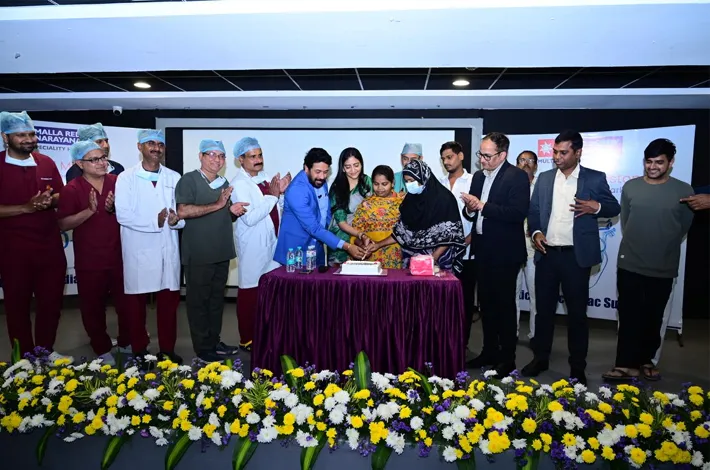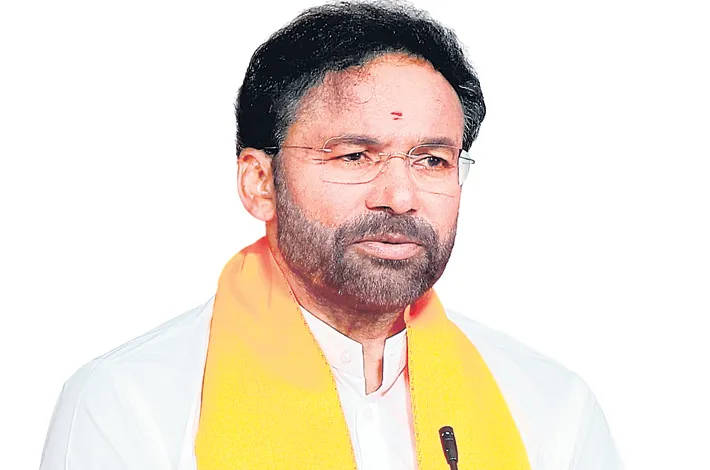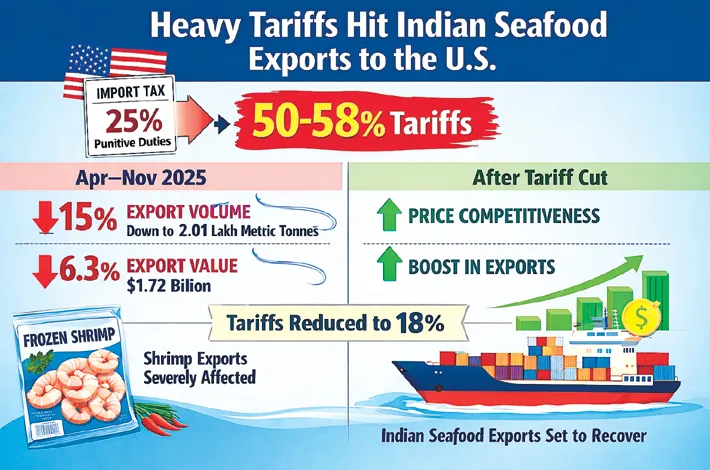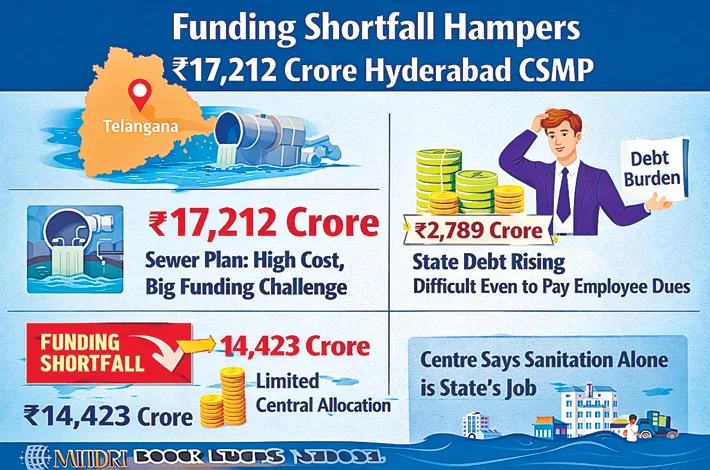T-Chip to train 1000 faculty in Telangana
06-09-2025 12:00:00 AM

Bracing up for the shortage
■ The program will train 1,000 faculty members
■ There is a shortage of 1.5 million semiconductor professionals in the world
■ India requires over 85,000 skilled engineers and specialists
■ Semiconductor sector is projected to face a shortage of 1.5 million professionals by 2030
Metro India News | new delhi/ Hyderabad
The Technology Chip Innovation Program (T-CHIP), led by Sundeep Kumar Makthala, announced a major initiative at 'Semicon India 2025'. The program will train 1,000 faculty members in Telangana through a Faculty Development Program (FDP). These trained educators are expected to equip thousands of engineering students with industry-ready semiconductor skills. The global semiconductor sector is projected to face a shortage of 1.5 million professionals by 2030, with India requiring over 85,000 skilled engineers and specialists.
Telangana, backed by T-CHIP’s four-pillar strategy - Talent → Design → Manufacturing → Applications, aims to position itself as the launchpad for bridging this gap.
On this occasion, SEMI University and foundation vice-president Shari Liss informed that the world is staring at a shortage of 1.5 million semiconductor professionals by 2030, and India will need at least 85,000 of them. By training 1,000 faculty through this FDP in Telangana, we can create a multiplier effect that prepares thousands of young engineers for the industry.
T-CHIP chairman and managing director Sundeep Kumar Makthala said Telangana will be the first to demonstrate how India can build a scalable semiconductor workforce model. This effort will directly contribute to Prime Minister Modi’s vision of positioning India as a global semiconductor hub.
IESA director Dr Viswanathan KG stressed the importance of academia-industry alignment. Upskilling faculty and preparing them with the latest tools and knowledge will give India an edge in the global semiconductor value chain. With this initiative, T-CHIP is not only strengthening Telangana’s role in India’s semiconductor journey but also setting a template for other states and nations seeking to build complete semiconductor ecosystems.








